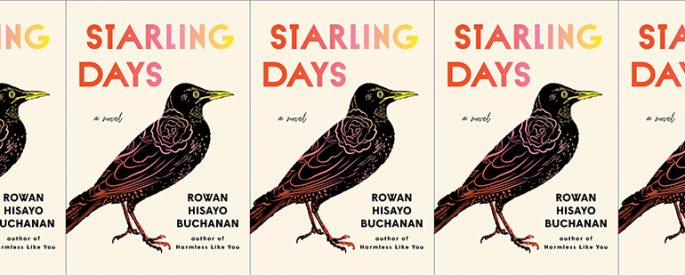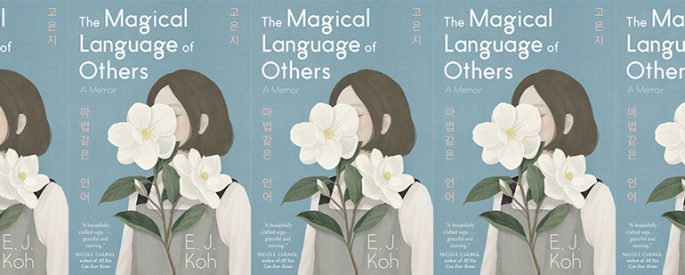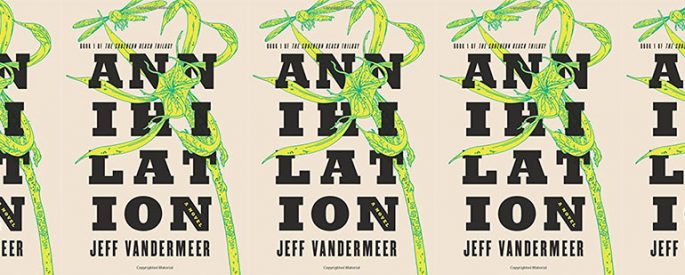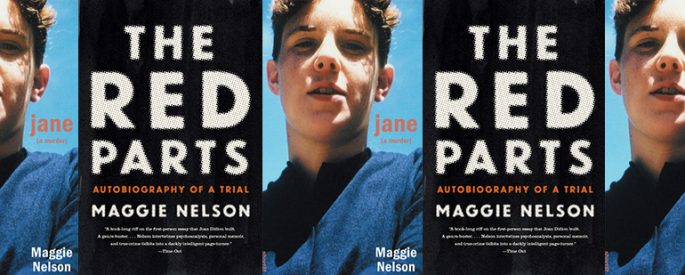Author Archive
Womanhood in Breasts and Eggs

Mieko Kawakami’s 2008 novel addresses the multifaceted nature of what it means to move through the world as a woman, which means presenting womanhood in a variety of ways, ages, and life experiences.
Reading the Uncanny

In the work of Carmen Maria Machado and Sequoia Nagamatsu, the uncanny elements that might be unsettling for readers are stand-ins for very familiar things: the complexities of interpersonal relationships and the hardships that some have while moving through the world in the bodies they were born with.
The Deft Characterization of Starling Days

While Rowan Hisayo Buchanan’s latest novel includes living with mental illness as a central theme, it, more importantly, presents a picture of how human beings—whatever the disposition of their brains—try to make sense of what they are experiencing to the best of their abilities.
The Many Voices of Memory in The Magical Language of Others

While a memoir can often feel myopic or even self-indulgent, Koh’s presents clearly the truth that is tucked between the pages of all memoirs—that all of us are pieced together by a multitude of stories told to us and that we, in turn, tell to others.
Reading Annihilation

The first book in Jeff VanderMeer’s Southern Reach trilogy does not balk at the sheer futility of humanity in the face of natural forces, but it doesn’t wholly destroy all who enter it, either. Instead, it returns readers to the sublime aspect of nature—the understanding that it can be
Reading The Paper Menagerie

Ken Liu’s 2011 collection includes a wide array of stories, ranging in style from speculative to science fiction to magical realism; it’s also a prime example of a work that shifts focus away from genre tropes and allows the reader to see what these stories look like through a
Belonging and Paris Stories

While the stories in Mavis Gallant’s 2002 collection don’t always center on Paris, a number of the characters have some sort of imagined relationship to the city, using it as a stand-in for their own lack of belonging.
The Humanity of True Crime’s Victims

In two books, Maggie Nelson manages to recount the murder of her aunt, Jane, in terms that don’t elide the true horror of the situation, while keeping Jane’s voice firmly centered for readers.
The Failure of Familial Communication in Happiness, as Such

Natalia Ginzburg presents a family’s dysfunction as an engrossing emotional rollercoaster, yet manages to make her story both haunting and deeply human.
The Desire of Girls in Machine

Rather than being a juvenile or simplistic depiction of desire as purely a physical impulse for the adolescent narrator, Susan Steinberg’s first novel presents desire in the mind of an adolescent girl as a larger force, one that is as much existential as it is universal.